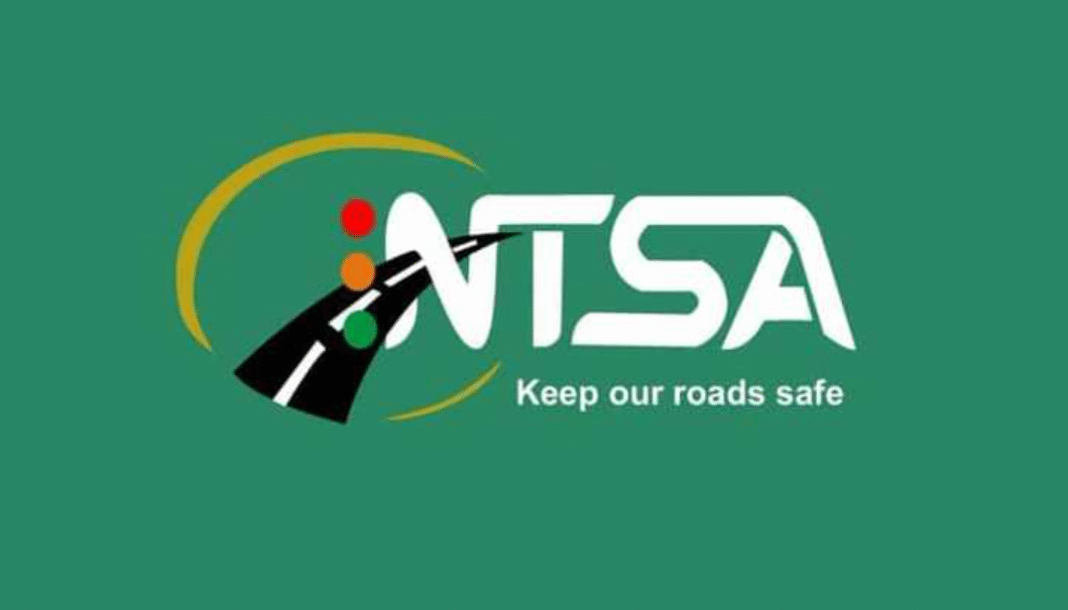Thousands of Kenyans caught in web of hidden charges, inflated interest rates as microlender’s business model comes under fire
Three determined borrowers have fired the opening salvo in what could become one of Kenya’s most significant consumer protection battles, dragging microlender Mogo Auto Ltd to court over allegations of running a systematic predatory lending operation that has ensnared thousands of unsuspecting Kenyans.
Caroline Nderitu, Wilson Mbogo Gikonyo, and Joseph Muraya Wangari marched into the High Court this week wielding a bombshell class action lawsuit that paints a damning picture of the motorcycle and car financier’s business practices.
Their explosive claims read like a consumer nightmare: exorbitant compound interest rates that allegedly blow past both market standards and statutory limits, deceptive loan documentation that conceals the true cost of borrowing, and aggressive debt recovery tactics that have left borrowers stripped of their assets.
But this isn’t just about three aggrieved customers. The trio says they’re speaking for thousands of Kenyans across the country who have fallen into what they describe as Mogo’s carefully laid trap, a predatory lending scheme dressed up in promises of affordable financing but delivering financial devastation instead.
“The respondent’s loan documentation and disclosure mechanisms are misleading and deceptive, deliberately concealing from borrowers the true cost of credit, the effect of foreign currency indexing, and the actual financial burden undertaken,” the petitioners declared in court papers that pull no punches.
Pattern of Deception
The lawsuit arrives with particularly stinging timing for Mogo Auto. Just over a year ago, on October 4, 2024, the Competition Authority of Kenya slapped the company with a bruising Sh10.85 million fine for what regulators determined was a clear pattern of “false and misleading representation and unconscionable conduct” against four customers who had the courage to lodge complaints.
That earlier regulatory investigation exposed a shocking modus operandi. In one case that should have served as a warning bell, Mogo adjusted the terms of a Sh2.1 million facility from a flat interest rate to a reducing balance basis without informing the customer.
Even more audaciously, the company calculated interest in US dollars despite disbursing the loan in Kenya shillings, leaving the borrower at the mercy of unpredictable foreign exchange fluctuations.
Another victim’s nightmare involved a Sh300,000 facility where, after diligently paying for 20 months and requesting a settlement statement, the borrower discovered they still owed Sh392,000.
The loan amount had been secretly computed in dollars, forcing the customer to pay far more than originally contracted.
Perhaps most egregious was the case of a borrower who financed 50 percent of a vehicle purchase at Sh310,000.
When questioned about dollar figures appearing in the loan agreement, Mogo allegedly assured the customer it was “just for record-keeping.” That reassurance proved worthless when the company began calculating installments in dollars while demanding payment in shillings, a currency sleight of hand that dramatically inflated the debt.
A fourth complainant watched helplessly as their Sh517,212 facility ballooned to Sh726,000 after just seven months, with Mogo unilaterally jacking up the interest rate from 2.5 percent flat rate to 3.85 percent reducing balance, in brazen violation of the contract terms.
The Competition Authority didn’t just fine Mogo. It ordered the company to refund three customers a total of Sh344,939 in excess charges and exchange rate differences, mandated that the firm resolve all pending complaints, undergo consumer compliance training by August 2025, and explicitly warned against engaging in similar conduct in the future.
History Repeating Itself
That regulatory black eye and explicit warning apparently weren’t enough to reform the company’s ways.
The new class action lawsuit alleges that the predatory practices have continued unabated, suggesting that Mogo viewed the Sh10.85 million fine as merely a cost of doing business rather than a wake-up call for reform.
The borrowers’ lawyer, Simon Mburu, painted a picture of corporate predation on an industrial scale. He told the court that Mogo has been “targeting vulnerable consumers with misleading promises of affordable financing while subjecting them to hidden charges, inflated insurance premiums, and repossession threats.” The result? An “exploitative business model affecting all class members equally” that has caused widespread financial hardship and property losses across Kenya.
The allegations detail a sophisticated system of financial entrapment. According to court documents, Mogo’s lending operation deploys multiple weapons against borrowers: dollar indexing of Kenya shilling loans that shifts currency risk onto customers, mandatory bundled insurance premiums that pad the company’s revenues, deliberate concealment of true interest rates, and vehicle repossessions executed “without due process.”

Joseph Muraya, one of the lead petitioners, emphasized that these aren’t isolated incidents but rather “systemic and identical practices” applied “indiscriminately to all borrowers.” The financing agreements, he said, are “identical in form, substance, and effect,” creating a cookie-cutter catastrophe for thousands of Kenyans who thought they were simply buying a motorcycle or car to improve their livelihoods.
A David Versus Goliath Battle
The number of victims is staggering. Mburu told the court that affected borrowers number “in the thousands and spread across different counties,” making individual lawsuits impractical and necessitating the class action approach as “the most efficient and equitable mechanism for adjudication.”
The High Court has ordered Mogo Auto served with the legal papers, scheduling the next hearing for December 15. While the judge declined to certify the matter as urgent, the company has been given just 15 days to respond to the allegations, a tight timeline that reflects the gravity of the claims.
For Mogo Auto, which obtained its license from the Central Bank of Kenya in mid-2024 as part of the regulator’s push to bring more digital lenders under formal supervision, the lawsuit represents a potentially existential threat. A successful class action could not only result in massive financial damages but also fundamentally dismantle the company’s business model, which appears predicated on the very practices now under legal assault.
The case also raises uncomfortable questions about regulatory oversight in Kenya’s booming but often controversial digital lending sector. Despite the Competition Authority’s earlier intervention, comprehensive investigation, substantial fine, and explicit directives, borrowers are now alleging that predatory practices have continued virtually unchanged, suggesting that current enforcement mechanisms may be woefully insufficient to protect consumers from aggressive lenders who view penalties as mere business expenses.
The Reckoning Approaches
The documented pattern is damning.
Four complainants in 2024 became the canaries in the coal mine, their cases meticulously investigated and validated by regulators. Now, three more borrowers have stepped forward, but this time representing potentially thousands of victims across Kenya. The repetition of identical tactics, dollar indexing, hidden charges, unilateral contract modifications, suggests not isolated errors but rather a deliberate, systematic business strategy designed to extract maximum profit from vulnerable borrowers.
As the boda boda riders and small-scale car buyers who form Mogo’s customer base watch nervously, this David versus Goliath legal battle could reshape the entire microlending landscape in Kenya. The outcome will determine whether thousands of borrowers get justice and restitution or whether predatory lending remains a profitable business strategy in the country’s financial sector, protected by fines too small to deter and enforcement too weak to prevent repeat offenses.
Mogo Auto has yet to publicly respond to the allegations. The company’s silence speaks volumes as December 15 approaches and the weight of documented evidence, regulatory findings, and now a class action lawsuit threatens to crush what angry borrowers describe as a house of cards built on deception and exploitation.


